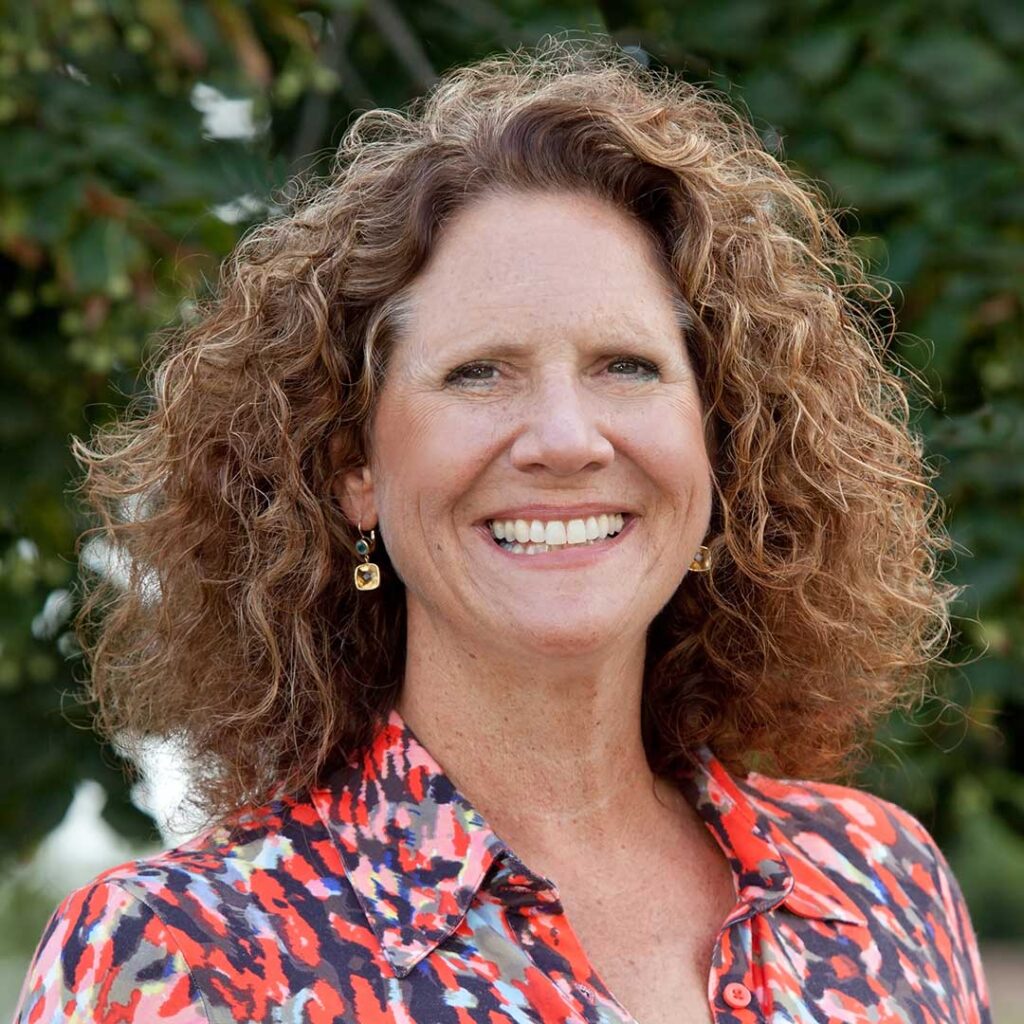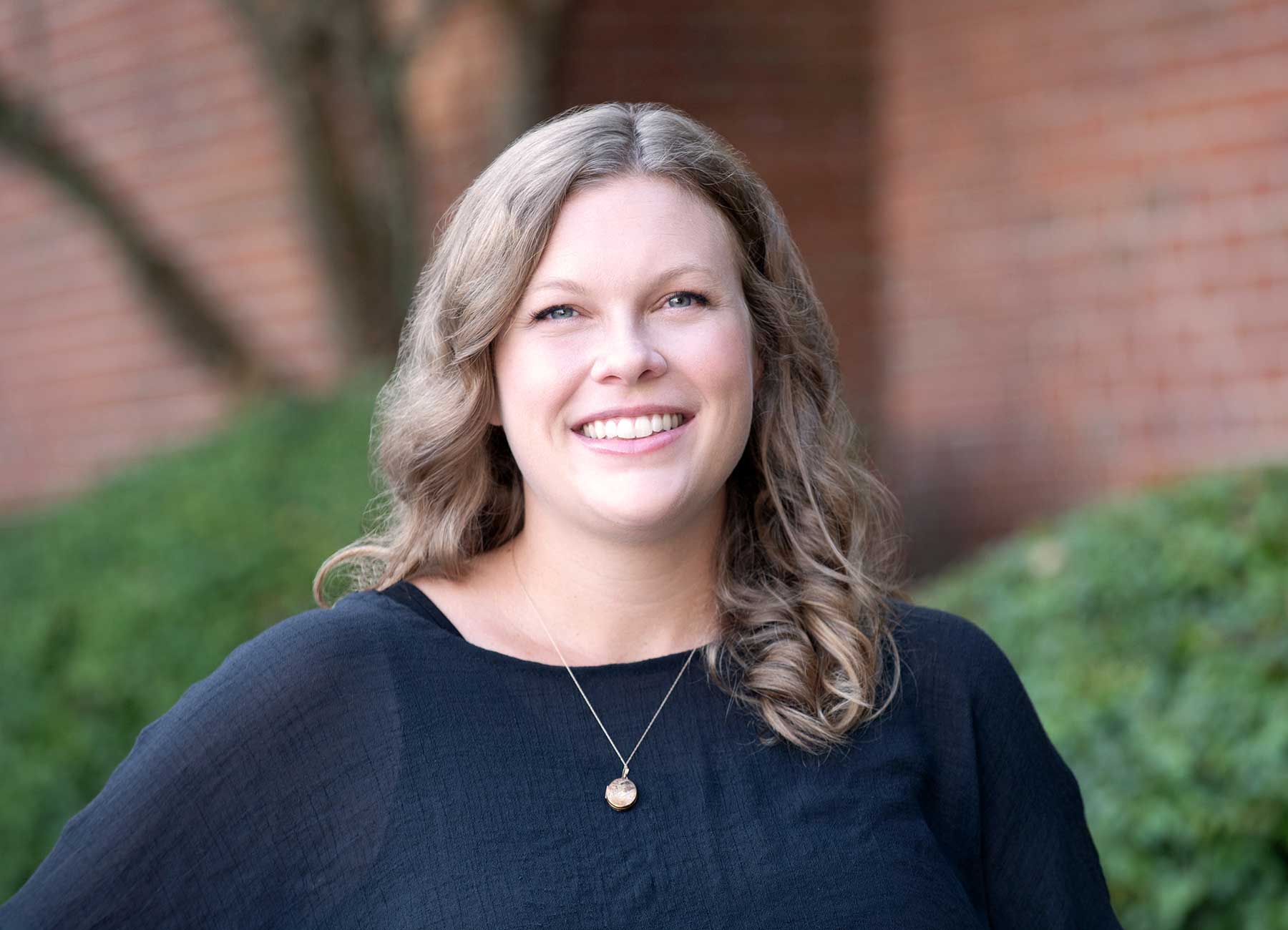If you’re planning for a baby this year, you may wonder what you should do before trying to get pregnant. Here are some tips to prepare for a healthy pregnancy.
Schedule an appointment
If you’d like to get pregnant soon, first meet with your obstetrician/gynecologist or primary care provider about your preconception health care plan. You’ll discuss:
Existing medical conditions. Certain medical conditions can affect a healthy pregnancy, including high blood pressure, diabetes, thyroid disease, sexually transmitted diseases and other chronic conditions. If you have any of these conditions, tell your provider. They may also want to run tests to ensure you’re healthy enough for pregnancy.
Lifestyle modifications. Ask your provider about any lifestyle changes you need to make to achieve a healthy pregnancy. This may include losing or gaining weight, adjusting what you eat, managing your stress, getting better sleep, or quitting alcohol, tobacco or illegal drugs.
Some over-the-counter and prescription drugs can be dangerous during pregnancy. Tell your doctor about any medications you take, including herbs and supplements.
Certain vaccinations are recommended to keep women and their babies healthy before, during and after delivery. Ask your provider which vaccinations you may need.
Achieve and maintain a healthy weight
Being underweight, overweight or obese can raise your risk of pregnancy complications. Ask your provider if you’re at a healthy weight and, if not, what you can do to achieve and maintain it.
Start taking folic acid daily before you get pregnant
Taking a daily dose of 800mcg of folic acid (a B vitamin) at least a month before you get pregnant and throughout your pregnancy can help prevent congenital disabilities of the baby’s spine and brain.
Avoid exposure to harmful substances. Some harmful chemicals can disrupt the male and female reproductive system, making it difficult to get pregnant. These substances can also cause disease in babies, children and adults. Toxic substances include cat and rodent feces, fertilizer, certain synthetic chemicals and metals, and bug spray. Ask your OB/GYN which specific chemicals you should avoid and what’s OK to use.
Protect your mental health
Your mental health is just as important as your physical health. Practice self-care such as exercising regularly, getting enough sleep, spending time with family and friends, doing activities you enjoy, spending time outdoors, journaling, or practicing meditation.
While it’s normal to feel stressed, sad, worried or anxious on occasion, if these feelings persist and affect your daily life, talk to your health care provider.
Seek support if you’re in a violent relationship
Get help if you’re in a violent relationship. Your doctor or nurse can connect you with resources to help you safely get out of the relationship.
Quit using tobacco, alcohol and illegal drugs
Alcohol, tobacco products and illegal drugs can put you and your baby at risk, increasing the chances of congenital disabilities, premature birth and infant death. If you have trouble quitting, ask your health care provider for help.
Ask about your family history
Talk to your family (including parents, siblings, grandparents, aunts, uncles and cousins) to see if any chronic or serious health conditions run in your family. If so, share this information with your doctor. Certain conditions can affect your ability to get or stay pregnant.
Planning for a baby is exciting, and by taking steps to be as healthy as possible, you can increase your chances of a healthy pregnancy and baby. If you have questions about health, talk to your OB/GYN or primary care provider. Find a provider near you.





